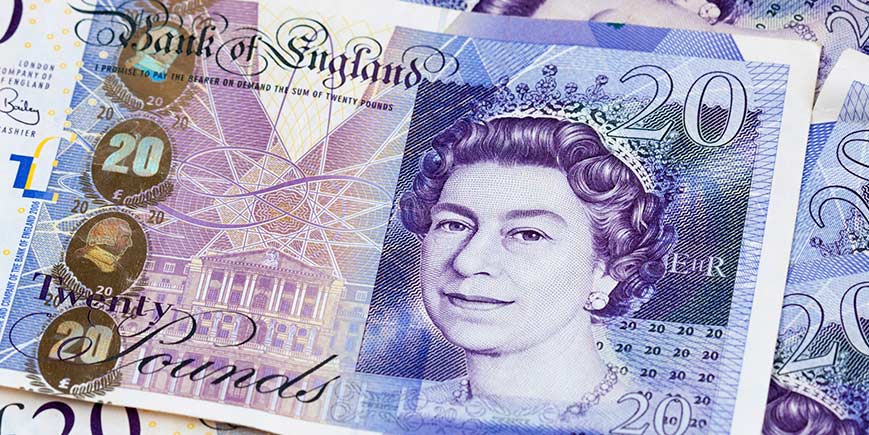This information should not be interpreted as financial, tax or legal advice. Mortgage and loan rates are subject to change.

Categories: government and politics | government and politics tax
government and politicsFollowing a backlash from the public, the government has decided to discard the initial plans to remove the 45% rate of income tax, paid by higher income earners of more than £150,000 per year, which was introduced as a part of a tax cuts plan.
There had been an astounding resistance regarding the plans to scrap the top rate of tax from the public and various other parties, spearheaded by Michael Gove and Grant Shapps – former cabinet ministers, the latter stating that it would not survive a parliamentary vote.
Ronnie Cowan of the SNP and MP for Inverclyde, has said that the idea of reducing the taxes for the rich, whilst planning cuts to benefits and public services is “deranged”. He shared his views on the U-turn:
"The plan to scrap the 45% tax rate was wrong from the outset.
"Within 10 days they have reversed this decision, but they have not changed their minds because the pound crashed, mortgage rates are increasing or inflation continues unabated.
"They have changed their minds because it has resulted in them falling further behind in the opinion polls.
"This is not a sudden rush of compassion coursing through the veins of the Conservative and Unionist Party. This is all about their own survival.
"Remember, the Tories here wanted the Scottish Government to adopt the same deranged policy.”
A senior minister has stated: “The politics of this were just awful and I am amazed the idea has lasted as long as it did.”
Strong opposition from Tory MPs, who stated that they would be voting against the removal of the income tax, forced Prime Minister Liz Truss and Chancellor Kwasi Kwarteng to have an emergency meeting on Sunday.
Government response
Kwarteng said:
“We just talked to people, we listened to people, I get it”.
He added:
“It is clear that the abolition of the 45% tax rate has become a distraction from our overriding mission to tackle challenges facing our country.”
Furthermore, the chancellor said that it was a mutual decision between himself and the Prime Minister, even though Truss contradicted it, by previously stating that it was a decision that was made by the chancellor.
After the announcement on Monday, 3rd of October, the pound recovered slightly in value, trading at $1.13 in Europe. The sterling pound had previously hit record low trading against the United States Dollar, after the September 23rd announcement of planned £45 Billion package of tax cuts.
However, according to shadow chancellor Rachel Reeves, the decision to withdraw the tax cut was “too late for the families who will pay higher mortgages and higher prices for years to come”. He states that the Tories have “destroyed their economic credibility”.
The chancellor has said that there are no plans to introduce any additional tax cuts before the next budget in the spring of 2023.
The great Truss retreat
After the whole turmoil, Susannah Streeter, senior investment and market analyst, said:
“The great Truss retreat on tax saw the pound surge briefly in value. It’s lost some of its bounce though as the financial markets digest the latest political turmoil to beset the UK. The prime minister was hoping to carve out a reputation as the new Iron Lady, instead she will be seen as high malleable.”
Streeter further elaborates:
“She has been manipulated into this U-turn after senior conservatives yesterday coming out in open revolt at the Treasury’s decision to scrap the 45% tax band for the wealthy while refusing to rule out cuts to welfare for the poorest.”
Impact on landlords
As with the rest of the country, the landlord community will be largely unaffected by this U-turn, except for the most affluent investors.



